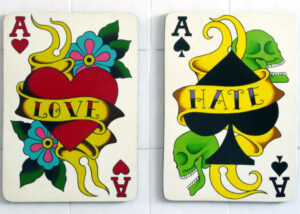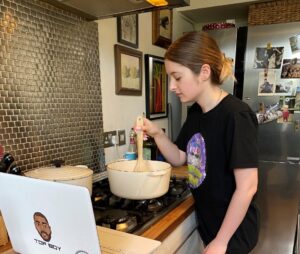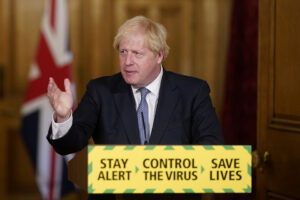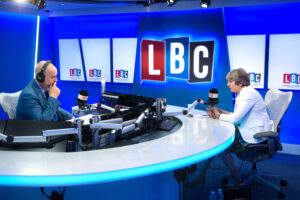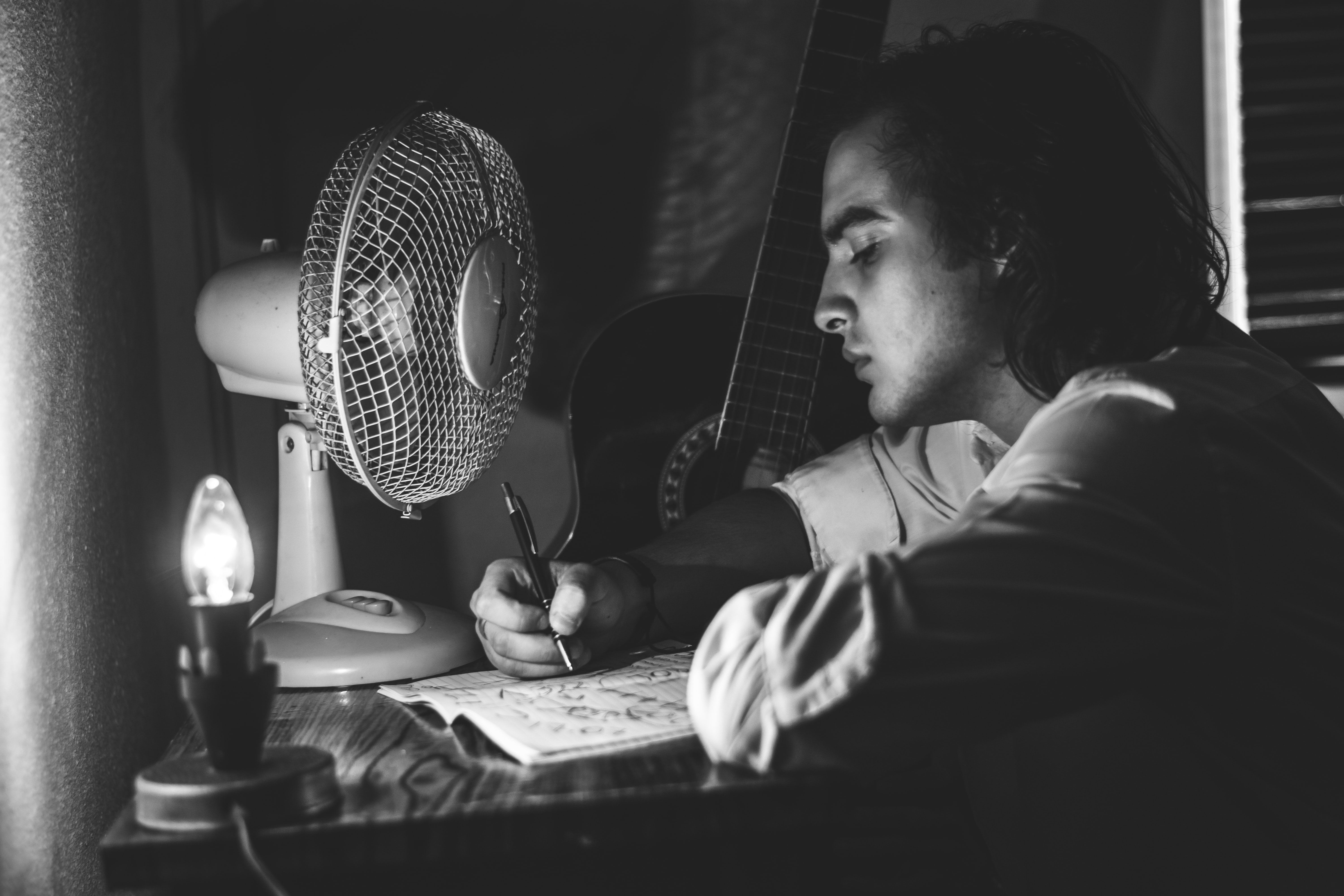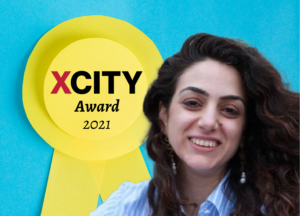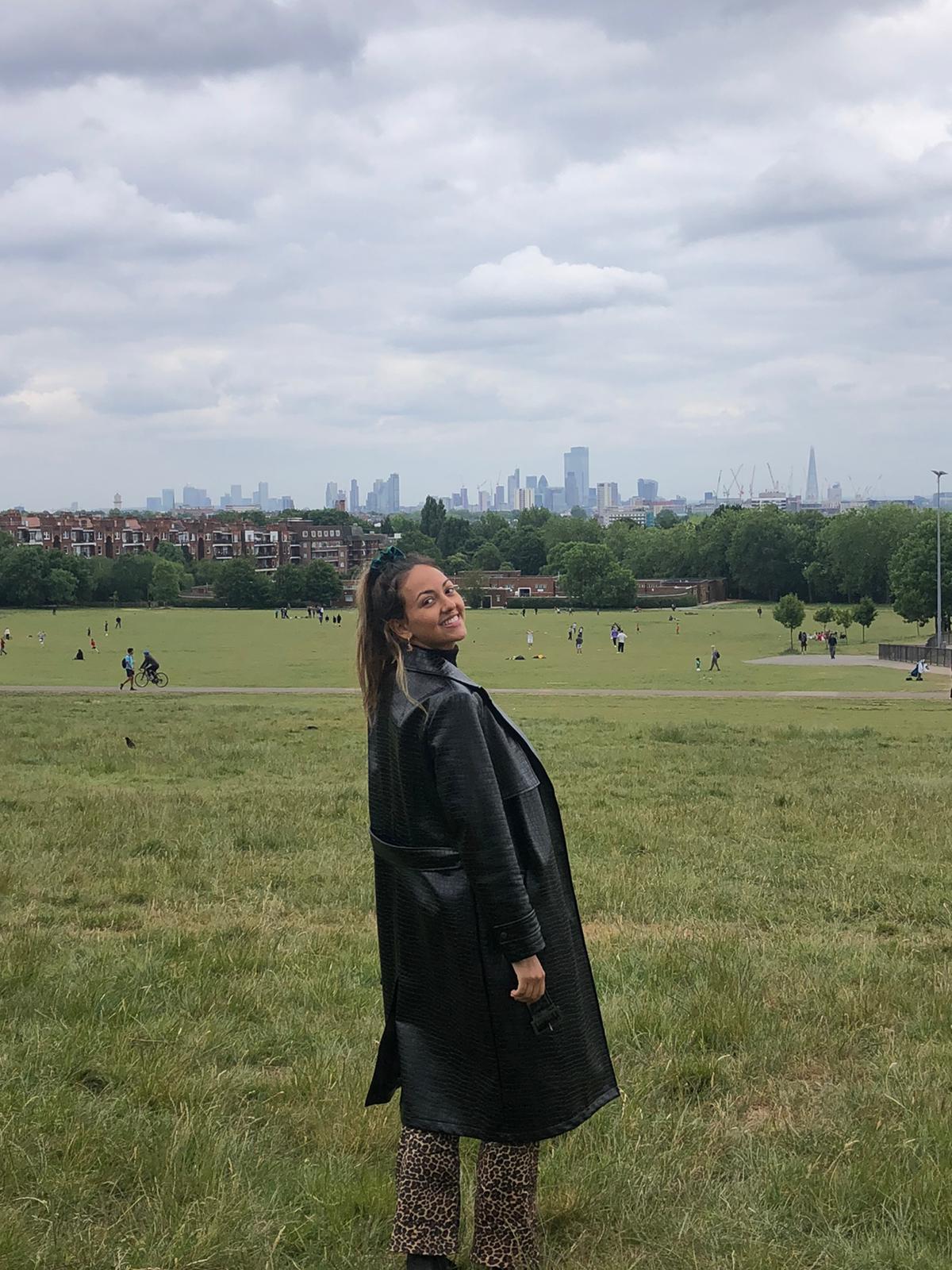
Sophie Ward shares her personal story with OCD and speaks to other journalists with similar experiences.
(TW: OCD, eating disorders)
Let’s start with a definition
Obsessive compulsive disorder (OCD): “A mental health disorder that affects people of all ages and walks of life, and occurs when a person gets caught in a cycle of obsessions and compulsions. Obsessions are unwanted, intrusive thoughts, images, or urges that trigger intensely distressing feelings. Compulsions are behaviours an individual engages in to attempt to get rid of the obsessions and/or decrease his or her distress.” – (The International Obsessive Compulsive Disorder Foundation)
Since starting my journalism master’s in September 2020, I’ve noticed my nit-picking perfectionism and incessant checking more than once. After each sentence I write, I have a habit of going back to the beginning of the piece and reading it all through again to make sure it still flows.
In some ways, I think this is why I can write (questionably) well. However, knowing I’ll put myself under such high levels of scrutiny when I start an article leads me to procrastinate. At times, I try to stop myself getting embroiled in the torturous process of writing and checking, writing and checking… By just not writing at all.
It turns out I’m not the only journalist whose OCD affects their practice. Simon*, a 21-year-old journalism student, resonates with my struggles. “Obsessive thoughts surrounding my writing feel like a kind of quicksand that slows me down. OCD permeates my head with insecurities, second-guesses, and worries about how my writing may be received.
“Although this doesn’t completely ruin the experience of writing, it does sometimes make it difficult to motivate myself to write.”
Soraya*, a freelance journalist, explains: “Unlike my friends at university, I could never write a rough draft of an essay. It always had to be near-perfect the first time round. This makes writing a painstaking process at times. I’ve always been a perfectionist (or an OCD sufferer), ever since I can remember.”
Similarly, if I trace back to my own childhood, there wasn’t a time that OCD didn’t infiltrate some aspect of my life. When I was eight years old I developed a fear of bedtime. This was because I knew I’d have to endure a ritual of touching different objects in my room for hours on end. I remember this being particularly intense the night my 95-year-old neighbour Doris died. I made a plea that I would touch every surface in my house 95 times to honour her; so I did.
“The result? Scabs, blood gushing down my forehead, and self-loathing. Once I had snapped out of it, I felt deep shame”
As childhood spat me out into adolescence, I jumped from touching objects to ridiculing my body parts. At 13, I became obsessed with any slight blemish on my skin. This led to routinely picking my face in front of the mirror in a trance-like state, often with sharp objects like tweezers. The result? Scabs, blood gushing down my forehead, and self-loathing. Once I had snapped out of it, I felt deep shame.
By the time I reached university in 2015, my behaviour was no longer concealable. My life began to centre on food and calories. I continuously body-checked (wrapped my fingers around my wrists and other areas to see if they’d enlarged), obsessively looked up faddy diets and pills, and wrote out food plan after food plan. I had no time to focus on my English degree because the app ‘MyFitnessPal’ consumed 99 per cent of my mind.
A few times a week I’d eat 3,000+ calories in about 20 minutes, until I felt too sick to continue. I had no control over my binge/starve pattern and it caused me great distress. When trying to explain my compulsions to a therapist for the first time, the only thing I could relate them to was skin picking in my adolescence.
“Despite the stigma around antidepressants, this pill dulled the majority of my obsessive-compulsive thoughts and made my urges a lot easier to manage”
After spending the first two years of my degree in and out of psychiatrists’ offices, I realised that throughout my life, my little ‘routines’ and obsessions were not just part of my personality. They were a disorder. I learned that obsessive skin picking is called ‘dermatillomania’ and is a form of OCD. I also learned that I had an eating disorder – again, another form of OCD.
The whirlwind in my mind eventually slowed when I was prescribed fluoxetine, a selective serotonin reuptake inhibitor (SSRI), in 2017. Despite the stigma around antidepressants, this pill dulled the majority of my obsessive-compulsive thoughts and made my urges a lot easier to manage.
However, there is still one area of my life where OCD tends to creep in: Writing.
I’m unsure whether my OCD helps or hinders my journalism more. Not much research seems to have been done on the topic, but I did find a quote by Arianna Huffington in a hearing on the ‘Future of Journalism’ in 2009. Online journalists, she said, must have OCD because “they chomp down on a story and stay with it, refusing to move off it until they’ve gotten down to the marrow”. She went on to say that OCD and Attention Deficit Hyperactivity Disorder (ADHD) should be merged to produce optimal journalism.
Her idea is problematic and undermines the hardships of both of these conditions; a pattern that can be seen across much of the media landscape as the disorder continues to be misunderstood. For example, Khloé Kardashian’s YouTube channel makes a mockery of her being a so-called “neat freak” (because she likes to stack her cookies in jars and keep her Calabasas mansion tidy). In one ‘KHLO-C-D Pantry’ video, she even declares: “You say OCD is a disease, but I say it’s a blessing.”
“Having reached the depths of despair with the disorder, I have to disagree that ‘we all need OCD’ or that it is ‘a blessing'”
Even a high-brow publication like The Wall Street Journal has fallen victim to the lack of understanding around OCD. In March 2020, a piece titled ‘We All Need OCD Now’ was published. Mental health experts Ashley Fulwood and Zoe Wilson labelled the article’s inaccuracies and generalisations as “drivel”. OCD-UK have since written to the American Psychiatric Association for a review of the article and are still awaiting a response.
While there is no definitive answer to whether OCD is in any way helpful to journalists, charity OCD-UK are campaigning for better journalism about OCD. Having reached the depths of despair with the disorder, I have to disagree that “we all need OCD” or that it is “a blessing”. It can be debilitating, life-altering, and all-consuming.
Ben Falk, journalist, City lecturer, and author told me that while his experience with OCD has given him something to write about, it hasn’t been helpful to his writing at all. “For me, the checking has been negative. For example, I’d have to go back over my writing and delete three letters then rewrite them. So it wasn’t checking in a good way – it would just prolong things.”
Having talked to other journalists who struggle with OCD, I’ve realised that it’s difficult to see the bright side of writing while batting off countless doubts and niggles. However, I’ve accepted that it is part of me – a part I’m determined to work through – and it’s simply my unique way of thinking.
I know that my obsessive-compulsive nature is my biggest affliction. But it is also what makes me an incredibly thoughtful and thorough writer and individual. I am not here to say that OCD can produce “optimal journalism” in the same way that Arianna Huffington did. Instead, journalism should be better-informed and raise awareness about OCD, because the media have the power to influence millions of lives.
* Names marked with an asterisk have been changed to protect the interviewees’ privacy.
You can listen to the episode of James McMahon’s The OCD Chronicles with Sophie here.

